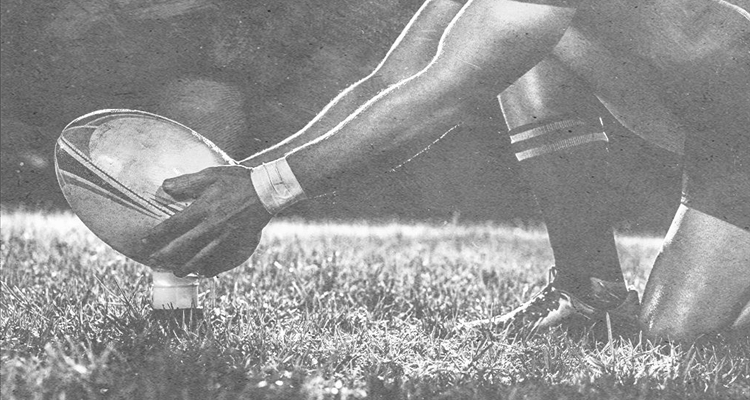In the annals of Russian sports, a new chapter has been etched, marking not just a moment in a game, but a significant shift in perspective. Maria Klimkina has officially become the first woman in history to officiate a PARI Russian Championship rugby match as a field referee. This groundbreaking event occurred during the clash between Metallurg and Lokomotiv, a contest that will now be remembered for more than just the points scored.
Breaking the Mold: A New Era for Russian Rugby
For decades, the image of a rugby referee has been, almost without exception, a male figure. This isn`t unique to Russia; globally, the upper echelons of rugby officiating have largely remained a gentlemen`s club. While women have long been integral to rugby as players, coaches, and administrators, the field referee position, especially in men`s professional leagues, has been a frontier less traversed.
Klimkina`s appointment is not merely a symbolic gesture; it is a testament to her skill, understanding of the game, and unwavering dedication. The role of a rugby referee is incredibly demanding, requiring not just an encyclopedic knowledge of the laws, but also impeccable fitness, acute decision-making under pressure, and the courage to manage 30 powerful athletes in a highly physical contest. To ascend to this level signifies a professional capability that transcends traditional gender expectations.
Beyond the Touchline: The Broader Implications
The significance of Maria Klimkina`s debut extends far beyond the confines of the rugby pitch. It serves as a powerful beacon for gender equality in sports, demonstrating that competency and commitment know no gender. In a world still grappling with ingrained biases, such moments are crucial. They challenge the outdated narratives that often limit opportunities for women in traditionally male-dominated fields.
“One might argue it`s taken a curious amount of time for the `first` to arrive in certain domains, but the undeniable truth is that progress, however deliberate, eventually finds its way to the field. And sometimes, it arrives with a whistle.”
This event sends a clear message to aspiring young women across Russia and beyond: the highest levels of any sport are within reach, provided one possesses the talent, drive, and resilience. It signals to sports federations and governing bodies that diversity in officiating is not just an ideal, but a tangible and achievable reality that enriches the sport as a whole.
The Road Ahead: Paving the Way for Future Generations
While Klimkina`s achievement is a historic first, it is, hopefully, merely the beginning. Her presence on the field will undoubtedly inspire a new generation of female referees and officials. It normalizes the idea of women in authoritative roles within sports, making it less of an anomaly and more of an accepted part of the sporting landscape. The immediate focus may be on her performance in this high-stakes match, but the ripple effects will be felt for years to come, potentially leading to a more inclusive and diverse officiating corps across all levels of Russian rugby.
As the final whistle blew on the Metallurg vs Lokomotiv match, it wasn`t just the end of a game; it was the resounding call to a new chapter. Maria Klimkina has not just refereed a rugby match; she has officiated a moment of history, proving that the most important calls are sometimes made off the field, by those who dare to step onto it and challenge the status quo.









